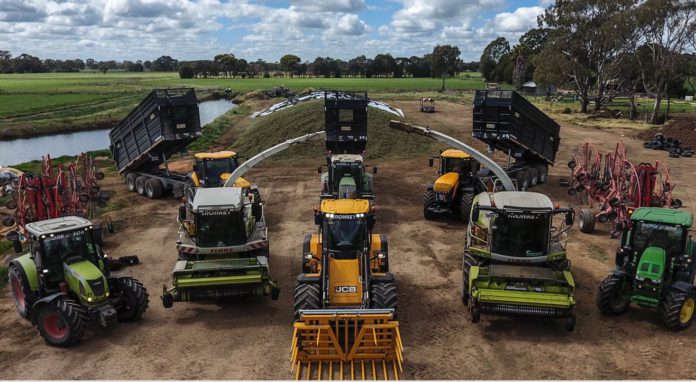The NAAC and NFU in the UK have joined forces to produce a checklist for both farmers and agricultural contracting firms.
The aim is to allow both parties to “work together to ensure that work is carried out safely and efficiently”.
A spokesperson for the NAAC said:
“It is vital that contractors and farmers have a close relationship, not only to make the partnership a financial and productive success but also to keep everyone safe; the new checklist offers a useful tool to support this.”
“Both parties will have duties under health and safety law. Open communication is essential to ensure that everyone is fully aware of their individual responsibilities to protect staff and the public.”
“Both parties will need to have in place their own safety management policies and procedures and make everyone aware of any risks from each other’s work.”
Ag Contracting
Below, you will find the guidelines that the bodies have issued.
Selecting a contractor:
- Choose a properly insured professional;
- Check that they have sufficient skill/training/qualification to carry out the operation safely and to the necessary standard;
- Check they can meet your Assurance Scheme requirements (e.g., proof of professionalism such as NAAC’s ALBC);
- Also, check if sub-contractors will be used and who/how they will be managed to maintain safety standards
- Also, check they have a written health and safety policy.
Before a job starts, both parties must agree on:
- Designated responsibility for waste produced from the operations carried out by the contractor (e.g. plastics, PPP containers, spent sheep dip etc.);
- Work plan – ideally in writing
- Responsibility for notifying residents/public before work taking place if necessary (e.g., local residents, beekeepers);
- If specific local routes are needed to avoid public nuisance;
- Risks of the job and how you will manage/control and by whom terms and conditions payment rate and terms;
- The contractor will carry out a visual risk assessment on-site
- If there are significant risks, the customer should expect that work will be stopped until satisfactorily controls are put in place.
- Farmers do not shift all responsibility for safety to a third party when a contractor is used. It vital to work in partnership and always keep lines of communication open.
Other articles on That’s Farming:
Farmers urged to give ‘clear and detailed’ instructions ‘in writing’ to contractors





